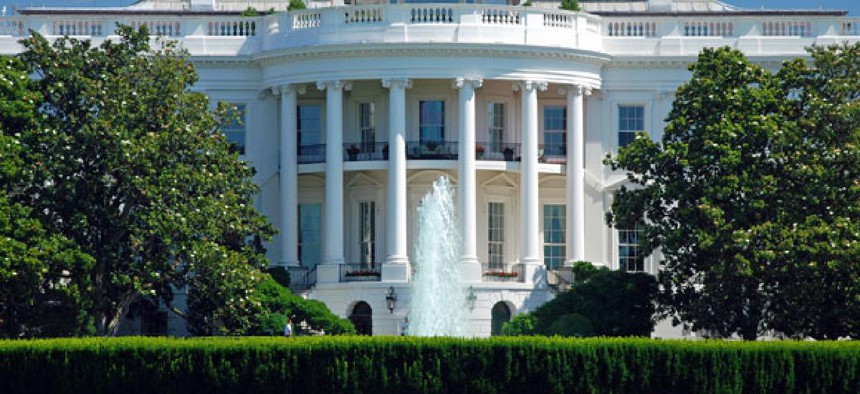White House Orders Agencies to Follow New Open Data Standards

Vacclav/Shutterstock.com
The new directive requires machine-readable formats for all new government datasets.
Government agencies must collect and publish new information in open, machine-readable and, whenever possible, non-proprietary formats, according to a White House executive order and open data policy published Thursday.
The new policy also gives agencies six months to create an inventory of all the datasets they collect and maintain; an updated list of datasets that are open to the public; and an online system to gather feedback from users about how they’d like such information to be presented.
The idea behind the initiative is that information the government collects for the purposes of management, regulation and security can also be used by private sector and nonprofit entrepreneurs to build products that aid consumers and turn a profit. A billion dollar industry, for example, has been built on government-supplied Global Positioning System information, most notably in the mobile apps market.
In other cases, public access to government data can raise public awareness of an issue or lead to smarter consumer choices. The website WeMakeItSafer, for example, aggregates government information about product recalls. On Wednesday, the government released troves of Medicare data that showed wide cost variations that experts said could intensify pressure for hospital billing reforms.
“Starting today, we’re making even more government data available online, which will help launch even more new startups,” President Obama said in a statement. “And we’re making it easier for people to find the data and use it, so that entrepreneurs can build products and services we haven’t even imagined yet.”
Government contractors and the open government community both applauded the executive order.
Hudson Hollister of the Data Transparency Coalition trade association noted that better maintained government data could help contractors save money by allowing them to automate more reporting and compliance processes.
“Spending and programs would become more efficient, because data standards would permit the deployment of big data analytics to find waste and fraud,” he said. “Even our capital markets would benefit, because public regulatory filings converted into open data would be a more accessible source of actionable information for investors.”
The order also won praise from the technology vendor’s association TechAmerica and the Sunlight Foundation transparency group.
“Open data empowers Americans to know how government functions, gives them the means to get engaged and enables them to oversee the special interests,” Sunlight Executive Director Ellen Miller said. “Having both the government and the public understand the purpose, power and possibilities of open data is at the heart of a well-functioning democracy.”
An open data policy has been in the works at least since federal Chief Information Officer Steven VanRoekel VanRoekel released his digital government strategy in May 2012.
Thursday's policy and executive order were accompanied by a primer on best practices and useful tools for government data published on the open development site Github.
The policy also requires agencies to apply standard metadata, meaning information about the data, to all new datasets it collects, including when and where the information was collected and any concerns about its validity.
In a statement announcing the policy, the White House also pledged to reboot the government’s central information repository Data.gov in the next few months with new services including improved visualization and mapping tools, better metadata and more application programming interfaces, or APIs, which automatically stream information from one computer to another.
The White House also pledged to release more tools on Github to help developers make use of government data, including a tool that automatically converts standard spreadsheets into APIs.
(Image via Vacclav/Shutterstock.com)






